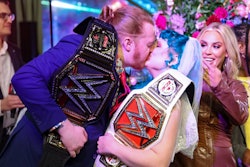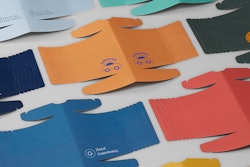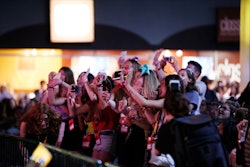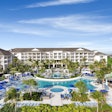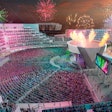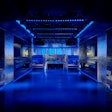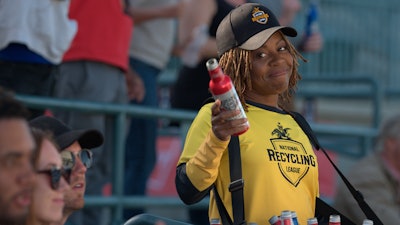
The event industry continues to examine its environmental impact as it look toward implementing more extensive sustainability initiatives. And that includes perhaps one of its biggest offenders—sports.
The Environmental Protection Agency estimates that sporting event attendees generate around 39 million pounds of trash per year, according to a report published in 2014. For example, the Seattle Mariners' Safeco Field produces about 2.8 million pounds of trash annually.
To help reduce that waste, Anheuser-Busch, one of the largest sponsors of sporting and entertainment events, is bringing together its sports team partners, including Major League Baseball (MLB) and the National Football League (NFL), to launch the National Recycling League.
This new, multi-sports league coalition aims to raise awareness around the need for recycling and drive key behaviors among fans beyond the ballpark.
More than 10 teams, including the St. Louis Cardinals, Houston Astros, San Diego Padres, Texas Rangers and Washington Nationals, have already signed on as inaugural members of the league, with plans to enlist NFL teams when the season kicks off later this year.
“At Anheuser-Busch, sustainability is core to everything we do, and we are always challenging our teams to come up with innovative, new ways to leverage our capabilities, relationships and reach to make a meaningful impact in our communities,” said Colleen Lucas, vice president of corporate social responsibility at Anheuser-Busch.
“With sports partnerships across nearly every league, we recognized that we were uniquely positioned to build on our incentive-based sponsorship model, which includes sustainability clauses and KPIs, to drive united initiatives around a single cause to maximize our impact.”
By 2025, the beer brand is also aiming for 100% of its packaging to be made from majority recycled content or be returnable.
As part of the coalition, each team commits to adopting and implementing activations aimed at reducing waste and improving recycling rates at stadiums in an effort to divert recyclable materials such as beer bottles and cans from landfills.
This includes offering infinitely recyclable aluminum cups instead of single-use plastic, in-seat recycling decals and in-stadium signage with a call-to-action: “Recycle Like a Champion.” As an incentive, the city of the participating team that has the highest recycling rate during home games will get a round of beer on Anheuser-Busch.
Plus, similar to ubiquitous beer hawkers that roam the stands during ball games, new “Recycling Hawkers” (who are volunteers from Keep America Beautiful) will be deployed in stadiums to collect used cups, cans and bottles from fans to ensure they are recycled properly.
“Recycling just isn’t top of mind for fans when they are enjoying a sports game, and I’m sure we’ve all seen someone near us put their waste under the seat, so they don’t miss a second of the action,” Lucas said about the challenges of stadium recycling. “Most of these items could be recycled, but instead go into the trash."
Over the years, the MLB has implemented organization-wide sustainability initiatives, including on-site gardens, LED field lighting, solar panel installations and eco-friendly merch. Plus, sports venues must also adhere to various regulations imposed by federal, state and local governments, with some states, like California, potentially imposing stricter environmental regulations.
And of course, some individual teams’ CSR programs are more robust than others. For example, the Minnesota Twins, which won the MLB’s 2021 Green Glove Award for achieving a nearly 100% diversion rate when it came to redirecting waste away from landfills, boast a fairly comprehensive program that includes capturing and reusing rainwater, converting waste to energy and donating unused food to local charities.
The Twins’ home venue, Target Field, also features a "living wall"—the first of its kind in the MLB—with about 5,700 sea green juniper plants, individually installed and secured in a tiered, multiple-tray system that's located in the outfield.
For the All-Star Game, which will take place on July 19 at Dodger Stadium in Los Angeles, the league plans to step up its sustainability game by introducing water filtration systems in the broadcast, media and staff areas to reduce single-use plastic products, partner with Mastercard to provide a sustainable experience for fans and promote walking and the use of public transportation between events during All-Star Week.




